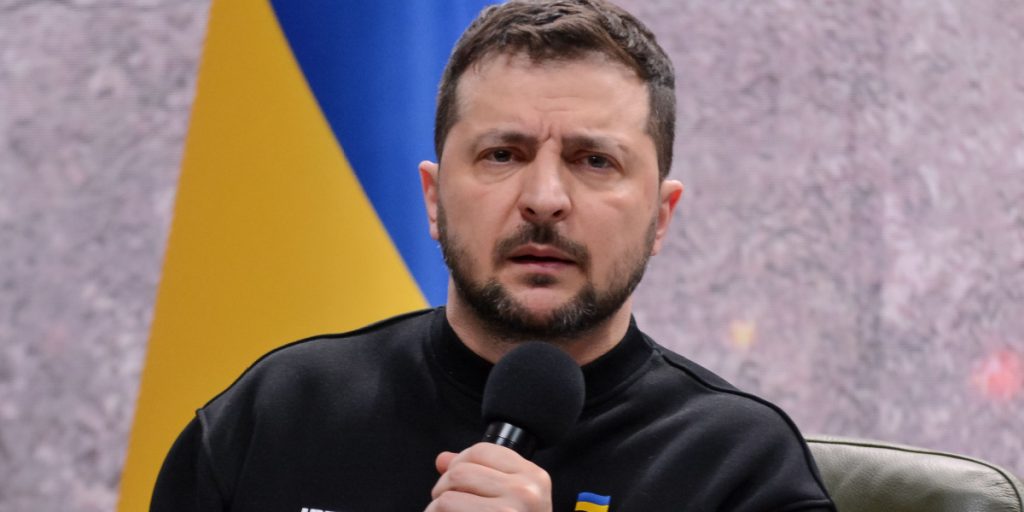Zelensky Signs New Decree to Protect the History of Ukrainians in Russian-Dominated Regions.
Others are reading now
President Zelensky of Ukraine signed a significant decree acknowledging the historical presence of Ukrainians in certain regions of Russia. This move, announced during his Unity Day address on January 22, aims to delve into and preserve the heritage of Ukrainians in these areas. Unity Day itself, a national holiday in Ukraine, celebrates the unification of the Ukrainian People’s Republic and the Western Ukrainian People’s Republic in 1919.
The decree, officially titled “On the Territories of the Russian Federation Historically Inhabited by Ukrainians,” outlines the Ukrainian government’s plan to work with international experts. Their task is to develop strategies for maintaining the Ukrainian identity in select regions within Russia’s current borders.
Highlighted regions in the decree include Kuban, situated east of the Crimean Peninsula, and Starodubshchyna, north of Chernihiv. Also mentioned is Slobozhanshchyna, historically a semi-autonomous area under the Tsars, spreading over parts of modern northeastern Ukraine and southwestern Russia.
Also read
The current geographical landscape places much of what was once Kuban within Russia’s Krasnodar Krai, while Starodubshchyna mainly lies in Bryansk Oblast.
The decree’s broader mandate involves recording the histories and experiences of Ukrainians in these territories, particularly focusing on their struggles against forced Russification, political repression, and deportations. This includes the creation of educational materials and textbooks reflecting the long-standing history of Ukrainian statehood and the cultural connections of lands historically inhabited by ethnic Ukrainians.
This initiative by President Zelensky also aims to counter Russian disinformation about the history and current state of Ukrainians in Russia.
The government is expected to cooperate with the National Academy of Sciences in this endeavor, emphasizing the development of relations between Ukrainians and other communities under Russian influence.


